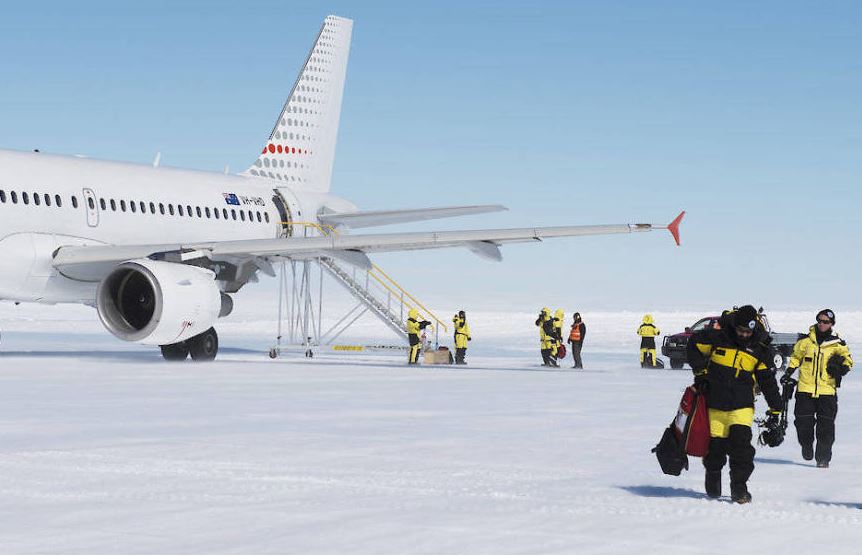If you are actively looking for work and here in Spain things are not going well, now you can have the opportunity to find the job of your life. It is very well paid, about 200,000 dollars a year (about 180,000 Euros) and you can see one of the most remote parts of the planet: Antarctica.
The Australian Antarctic Division (AAD) has just launched an offer of more than 150 jobs for staff in its Antarctic research stations and the conditions are more than attractive: full board, cold clothes, and accommodation included, with chefs who they will make your food daily.
The jobs, open for male and female staff, include different categories, from doctors to carpenters and work periods, from next year, and range from four to fifteen months.
An extra of more 55,000 Euros
Salaries, as Daily Mail tells us, are very attractive, with a base salary of up to $ 199,031 a year for a doctor, with an additional allowance of $ 60,974 per year (almost 55,000 Euros), or $ 74,469, plus the same Annual allowance of 60,974, for a communications technician.
But, as we mentioned, the profiles demanded, mainly to perform maintenance work in the various research stations of the ADF, are among the most varied: plumbers, electricians, electrical engineers, construction service supervisors, expedition mechanics, assemblers, refrigeration system mechanics, aircraft ground support officers, chefs or doctors, among others. Here, you can see them all and sign up.
“From a person with a technical profession, I can assure that a job like this will not be found anywhere in the world, ” he says.
According to Chetcuti, during the summer there are around 100 people in the stations, while in the winter the number is reduced to 20 and highlights that this small community supports each other to be safe and continue operating in these places of great importance for scientific research.
New workers, in addition to performing the functions of their employment, must be trained in rescue, fire fighting and surgical assistance. At the same time, they may be involved in scientific research. “I worked on some scientific activities, such as collecting air quality samples, seal accounting or ice drilling,” says Chetcuti.
Vital mental capacity
Applicants for the position are subjected to an evaluation of their skills and experiences and then a series of selection centers that ensure that their physical and mental condition is adequate to be part of the Antarctic community.
The psychological suitability is a key point, because, due to the isolation of the job and its limited workforce, everyone needs to get along to avoid problems of living together that can cause additional difficulties.
Workers, who are currently 82 percent men and 18 percent women, can see glaciers, emperor penguins, seals and Antarctic wonders, such as the northern lights from their remote outpost, at each of the four bases.
Three of the four stations, Casey, Davis, and Mawson, are in Antarctica, while the fourth base, Macquarie Island, is in the sub-Antarctic region, halfway between Tasmania and Antarctica.
